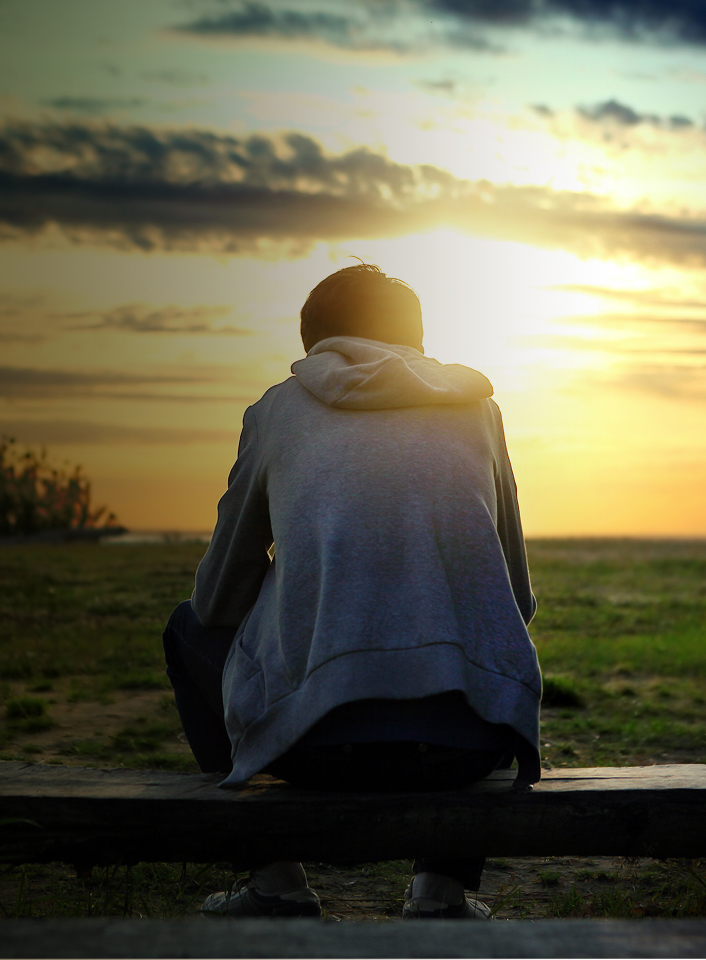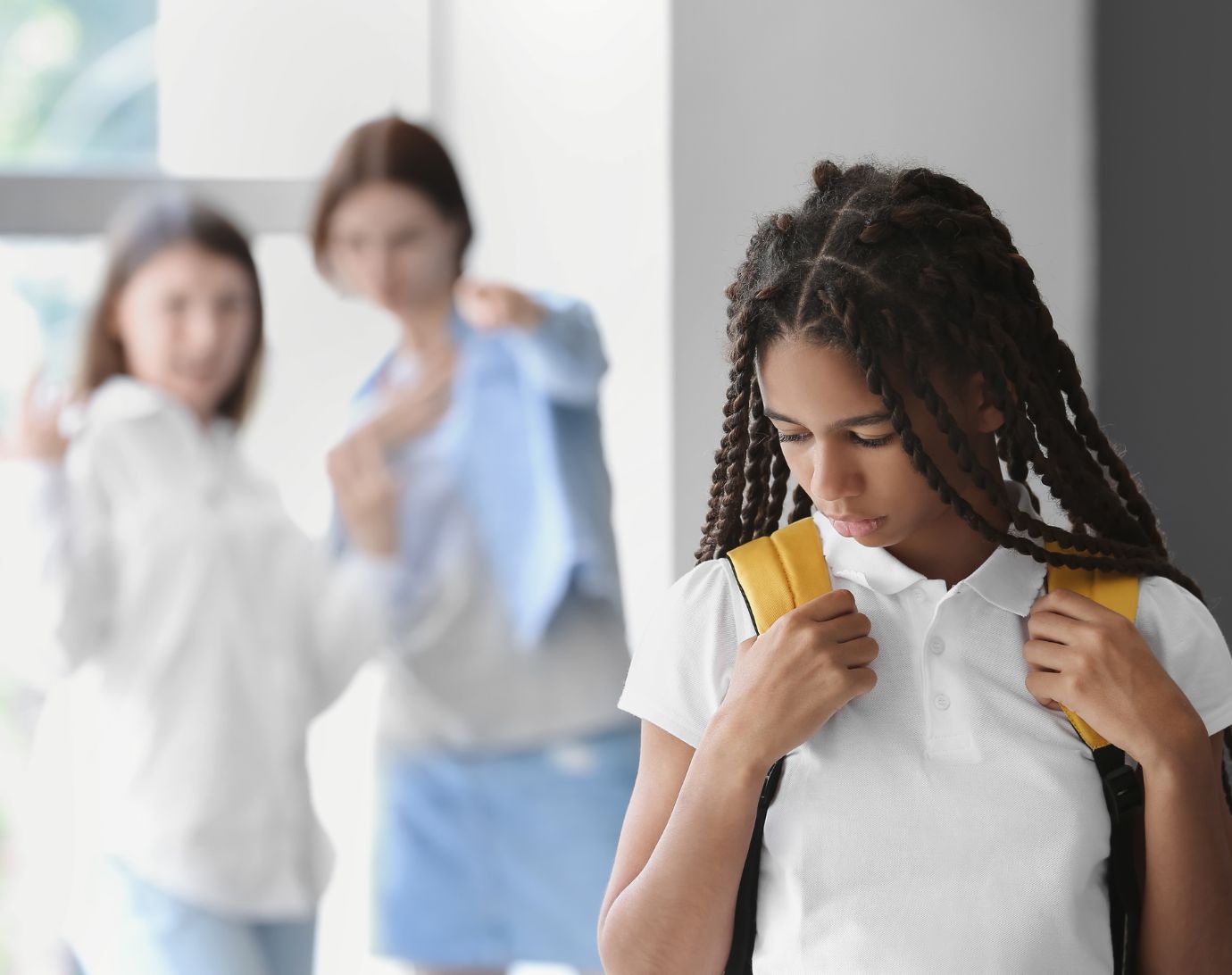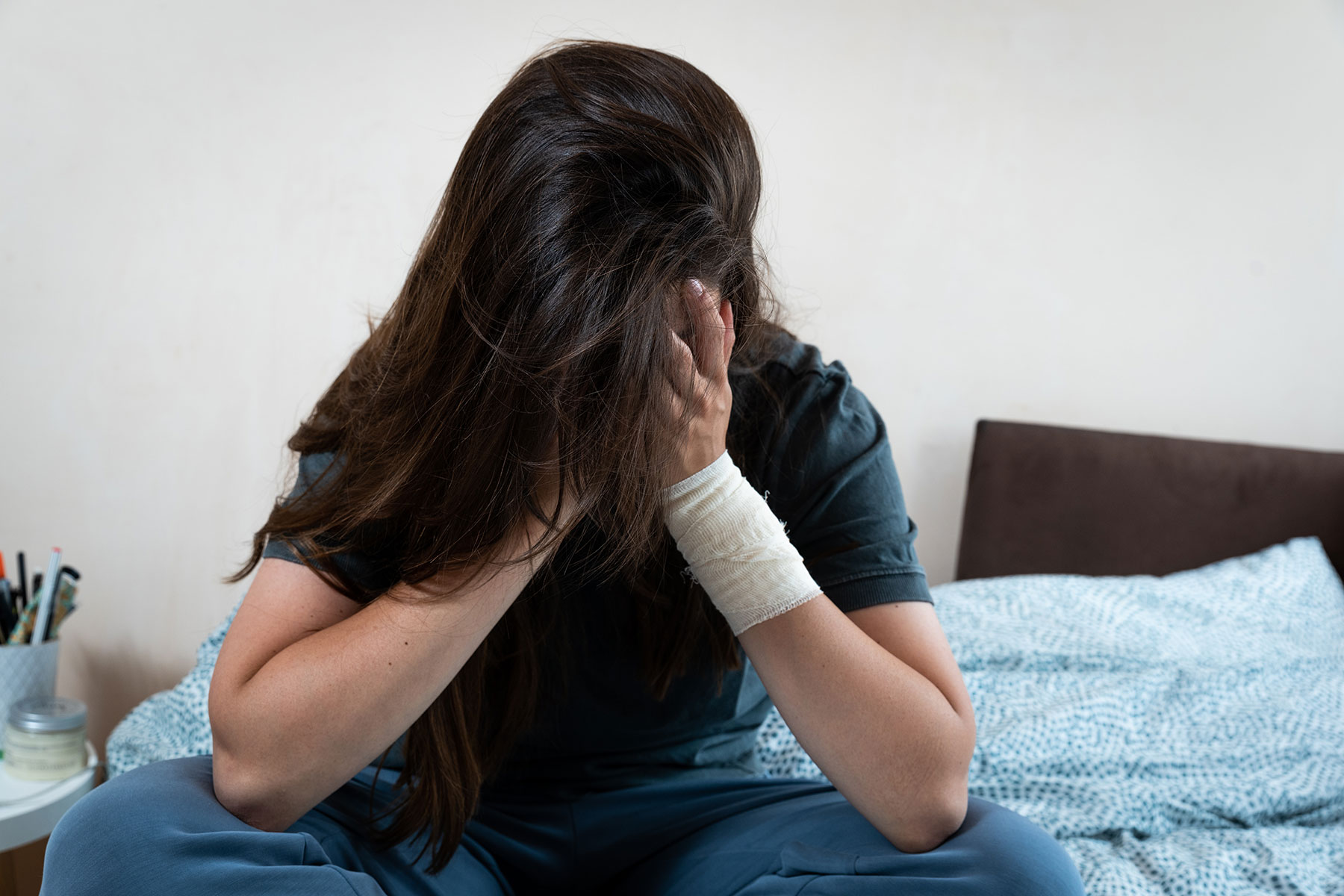When self-harm or suicidal thoughts begin affecting your teen’s wellbeing, finding the right guidance becomes crucial. At Ascend Healthcare, we honor each individual path, creating personalized care journeys that address self-injurious behaviors and suicidal ideation at their roots—fostering pathways to profound change and lasting wellness.
Self-harm refers to deliberately hurting oneself to relieve emotional pain or distress, while suicidal ideation involves thoughts of suicide ranging from fleeting notions to making actual plans to end their life. These serious mental health concerns require immediate, specialized intervention that addresses both the behaviors and underlying emotional distress.















